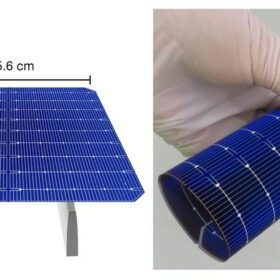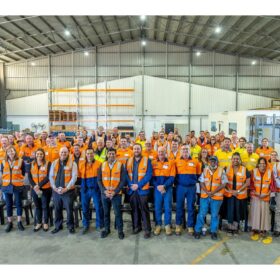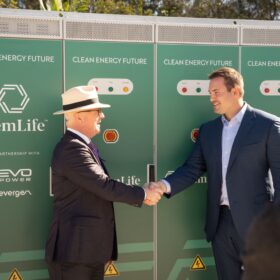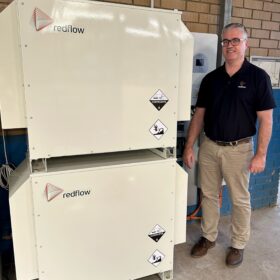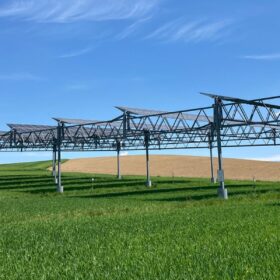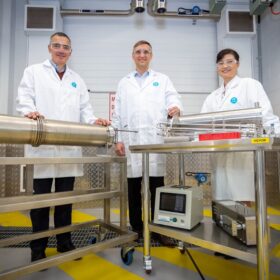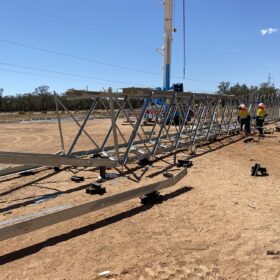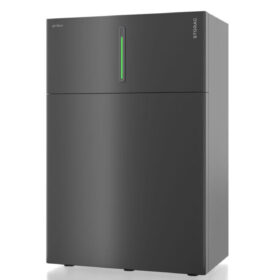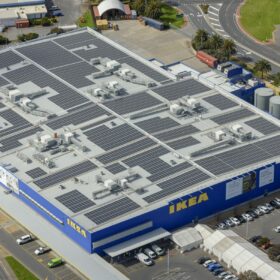Foldable, textured silicon wafers for flexible heterojunction solar cells
An international research team in China has used Czochralski n-type c-Si wafers from China-based Sichuan Yongxiang to build textured wafers with a thickness ranging from 65 μm to 55 μm. They have used the wafers in heterojunction solar cells ton hit efficiencies close to those of devices cells based on conventional wafers.
Queensland opens ‘SuperGrid’ training centre in Gladstone
Queensland has opened its first Queensland SuperGrid Training Centre and Transmission Hub in Gladstone. The facility is expected to train 500 energy workers annually in a range of areas, including high voltage technical training.
‘Resort’ style retirement villages set up own VPP program
GemLife, which describes itself as “luxury resort living for the over-50s,” has set up its own Virtual Power Plant (VPP), and is set to invest $75 million in coming years to rollout the VPPs across more than 10,000 homes in its property portfolio on Australia’s east coast.
Redflow commissions 30 kWh flow battery for Brisbane Council
Queensland flow battery company, Redflow, has commissioned a 30 kWh zinc-bromine flow battery for the Brisbane City Council.
Agrivoltaics can mitigate effects of drought
A new study by the University of Hohenheim shows that shading from PV systems can improve agricultural yields, especially in dry periods, but additional research is needed.
CSIRO gets $10 million to build portable hydrogen generator
Australia’s national science agency will seek to the address some of the challenges associated with storing and transporting hydrogen by developing an off-grid, portable hydrogen generator designed to recover the zero-emissions fuel from a liquid carrier at the point of consumption.
Minister provides stamp of approval for VNI West powerline plan
The Victorian government has signed off on a preferred development plan for the contentious VNI West transmission project that will connect the Victorian and New South Wales electricity grids and promises to unlock upwards of 3.4 GW of new renewable generation capacity.
German manufacturer unveils 10 kWh residential redox flow battery
Prolux Solutions has developed a redox flow battery with a charging and discharging capacity of 4 kW and 5 kW of peak power. It is designed to be coupled with PV systems in homes with high consumption profiles.
Weekend read: the cells of the future
The annual SiliconPV Conference came to TU Delft in the Netherlands in April, and offered an important health check for the science and technology behind solar energy. pv magazine was on site to hear the latest from researchers reaching for higher efficiency through tandem cells and other innovations; looking to understand and mitigate cell degradation mechanisms; and working to cut down solar technology’s consumption of rare and expensive materials.
Epic Energy launches Australia’s largest commercial microgrid
Australia’s largest grid-connected urban microgrid has been officially commissioned with a new rooftop solar-powered system atop Swedish homewares giant Ikea’s Adelaide store already delivering more than 70% of the store’s energy needs and providing grid support for the South Australian network.
